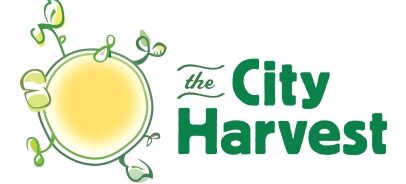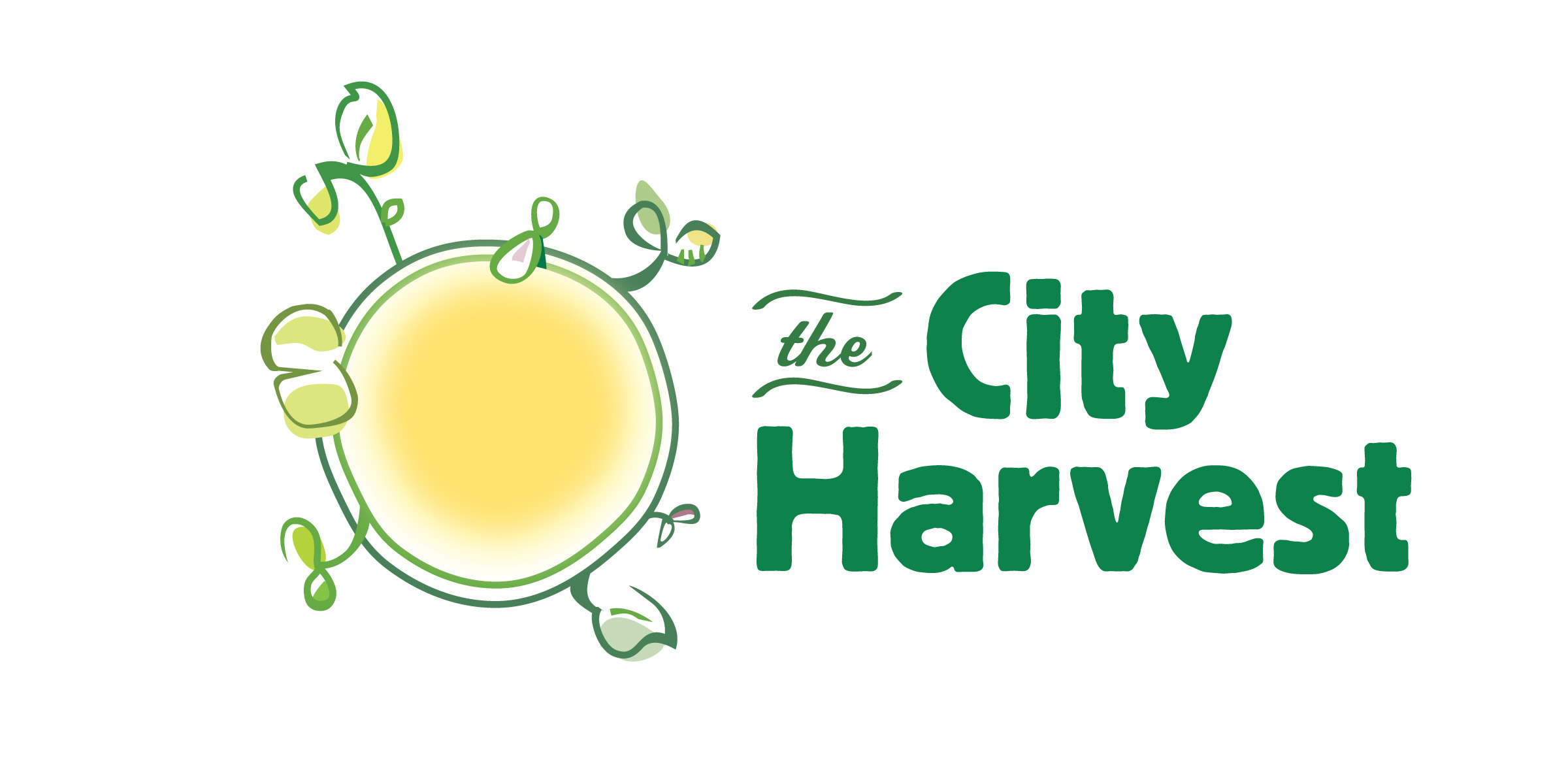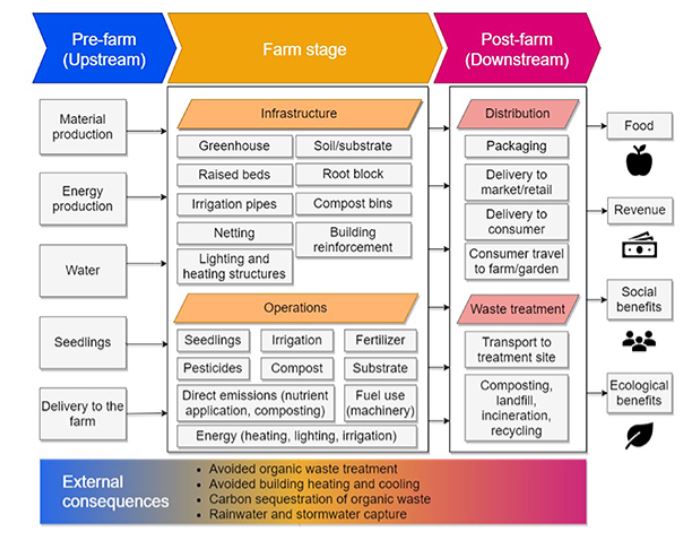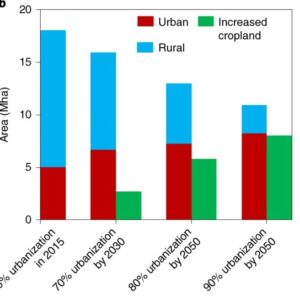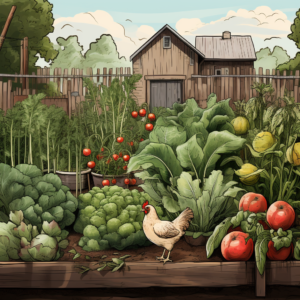Erica Dorr et al 2021 Environmental Research Letters, Volume 16, Number 9
Source: IOP Science
Urban agriculture, while heralded for its potential to revolutionize food systems, comes with its own set of environmental implications. This research from IOP Science delves into this very aspect, examining the ecological footprint of urban farming practices. From water usage to waste management, the study provides a holistic view of the environmental impacts associated with urban agriculture.
One of the standout points of the research is its emphasis on sustainable practices. While urban farming can lead to reduced transportation needs and, consequently, a smaller carbon footprint, it also poses challenges related to efficient resource utilization. This study serves as a reminder of the delicate balance urban farmers must strike, ensuring that their practices not only yield bountiful produce but also contribute positively to the city’s ecological balance.
Take-away Points:
- Urban agriculture can lead to a reduced carbon footprint due to decreased transportation needs.
- Efficient resource utilization is crucial for sustainable urban farming.
- Urban farms can face challenges related to water usage and waste management.
- The study emphasizes the importance of sustainable practices in urban agriculture.
- Urban farming can contribute significantly to a city’s ecological balance.
